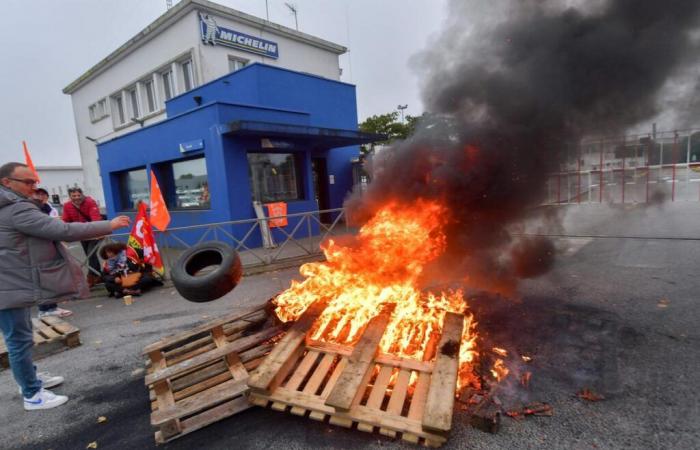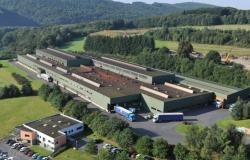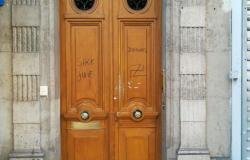Ln Wednesday, November 20, traveling to Bordeaux, Patrick Martin, president of the employers' movement Medef, chose the Beau-de-Rochas technical high school, renowned in the automotive world for the quality of its training, to “signify to those involved of National Education Medef's commitment to all subjects of training and skills, which are the main issues for the future of our economy”, according to the latter. Logical remarks in full seduction operation during an Industry Week aimed mainly at young people. This visit had a taste of paradox if we look at the current difficulties of the French economy, in particular those of automobile equipment manufacturers.
Difficulties which do not only affect the sector that high school students are preparing to join and which can be explained by the economic situation, in part, but also the financial situation of the State. “At the moment, your region [la Nouvelle-Aquitaine, NDLR] is fairly spared from major restructuring plans or closures. Nationally, we cannot yet speak of an economic catastrophe, but everything that is emerging in the context of the finance bills is going in the wrong direction in terms of competitiveness and employment,” assures the “boss of bosses”.
Patrick Martin, president of Medef.
J.-C. Sounalet /SO
“If we put together everything that is planned – reduction in cost reductions and aid for apprenticeships, work-study programs, transfer of financing from Health Insurance to supplementary health insurance, therefore to businesses and employees – the cost of labor could rise by 9 billion euros… before we have distributed the first euro of salary increase! In my own company, since the dissolution and in view of the political discussions around the 2025 finance bill, I have suspended investments and recruitment” argues Patrick Martin.
“Parliamentarians and government are not sufficiently aware of the economic turnaround that is taking place”
Failures: the figures are slipping in the regions
Political and fiscal uncertainty is visibly weighing down businesses. “We are calling for budgetary savings measures, but not to the detriment of economic activity and employment. Parliamentarians and the government are not sufficiently aware of the economic turnaround that is taking place,” concludes the president of Medef.
A “turnaround” which clearly did not wait for budgetary decisions to take place. The unemployment rate at 7% at the end of 2023 rises to 7.4%, and the Banque de France is counting on 8% next January. Social plans and site closures are multiplying, like Soler and Steris in Gironde, or the Rougié foie gras workshops of the Euralis group in France and in the region too. The figures from the commercial court registries of Agen, Angoulême, Bayonne, Bergerac, Bordeaux, Dax, Mont-de-Marsan, Pau, Périgueux and Saintes confirm the trend. Between January and October 2024, 3,385 companies were in difficulty. There were 2,998 at the end of the same period in 2023, and 2,084 in 2022.
Energy: one “cost” too much?
It's no surprise, construction is no longer going well at all: the sector is cutting 10,000 jobs per month. Another sector little mentioned but very present in New Aquitaine, where it has 14,000 employees, is worrying: chemistry. “It is one of the sectors – such as forges and foundries, surface treatment, stationery, agri-food, etc. – that are very energy-intensive or have low margins, which have clearly suffered from the rise in energy prices,” notes Olivier Lluansi, professor at the National Conservatory of Arts and Crafts, former industry advisor to François Hollande and author of the book “Reindustrializing, the challenge of a generation” (Les Déviations editions). “France should have protected its economy by marketing part of nuclear power production to manufacturers at competitive prices to compensate for the high gas price, but it did not do so,” he regrets.
The specialist in reindustrialization says he is surprised by the accumulation of announcements of difficulties from companies in recent weeks “which come in reaction to tense markets and above all to political and fiscal uncertainties”. He also notes two worrying indicators for the future: “the new financing difficulties for mid-sized companies and the attraction of foreign investors for France which is in clear decline”.
In short, the winter for the French economy could prove to be harsh.






